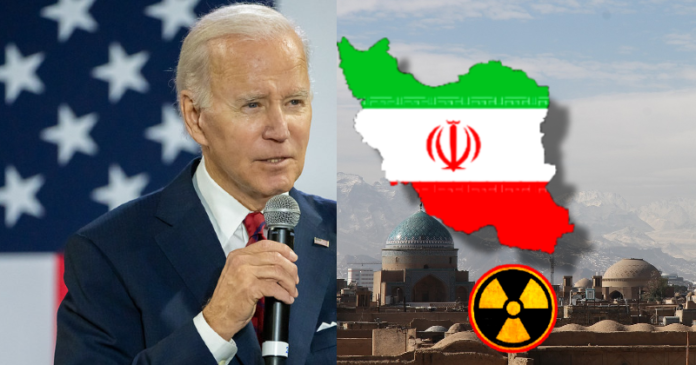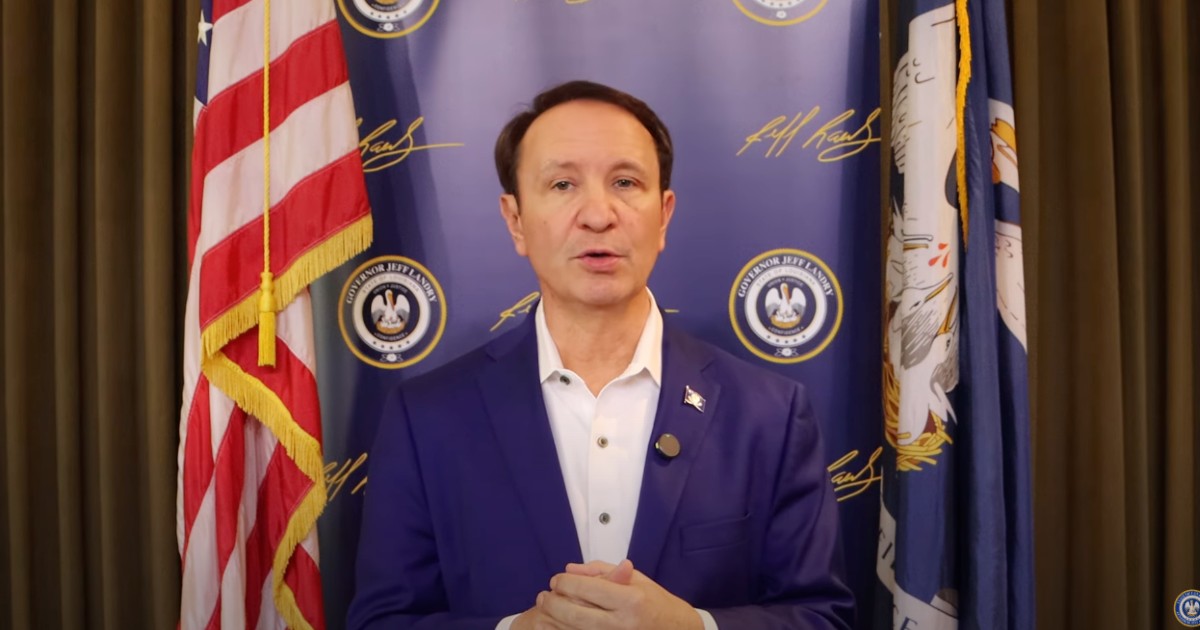
Louisiana Sen. John Kennedy (R) joined Sens. James Lankford (R-Okla.) and Kirsten Gillibrand (D-N.Y.) and 23 other senators in urging President Joe Biden to deter the Iranian regime from achieving nuclear weapons capability.
In their letter to Biden, the team of concerned senators stated that Iran is currently capable of enriching uranium to the 90% weapons-grade level at a time of its choosing. They also highlighted speculation from Biden-appointed Sec. of Defense, Colin Kahl, who said that Iran could enrich enough weapons-grade uranium for a bomb in as little as 12 days
“It is imperative today that we strengthen our efforts to deter Iran from achieving nuclear weapons capability,” the Senators wrote. “We must make Iran understand, in no uncertain terms, that further advances in its nuclear program will be met with unified international action. Iran simply cannot be allowed to advance its nuclear program with impunity and the PRC cannot be given a pass for accelerating Iran’s destabilizing behavior. We urge you to restore this posture of deterrence and provide leadership to strengthen the resolve of the international community,.“Given the state of the Iranian nuclear program, we encourage you to secure the commitment of our allies to implement the snapback mechanism embedded in U.N. Security Council Resolution 2231 should Iran advance its program past the weapons-grade threshold. Such a move would squeeze Iran’s revenue sources and serve notice that Iran cannot continue to reap the benefits of international sanctions relief while progressing towards the development of a nuclear weapon,” the Senators concluded.
The letter was co-authored by Sens. Michael Bennet (D-Colo.), Richard Blumenthal (D-Conn.), John Boozman (R-Ark.), Bill Cassidy (R-La.), Mike Braun (R-Ind.), Shelley Moore Capito (R-W.Va.), Susan Collins (R-Maine), Mike Crapo (R-Ind.), Chuck Grassley (R-Iowa), Maggie Hassan (D-N.H.), John Hoeven (R-N.D.), Joe Manchin (D-W.Va.), Jerry Moran (R-Kan.), Mark Kelly (D-Ariz.), Alex Padilla (D-Calif.), Gary Peters (D-Mich.), Pete Ricketts (R-Neb.), Jacky Rosen (D-Nev.), Rick Scott (R-Fla.), Kyrsten Sinema (I-Ariz.), Dan Sullivan (R-Ark.), Raphael Warnock (D-Ga.) and Ron Wyden (D-Ore.).
Background of Iran and U.S. Nuclear agreement
Despite opposition from his own party as well as Israel, former President Barack Obama signed a nuclear agreement with Iran in 2015, despite opposition from his own party and Middle East Ally, Israel. Democratic Senators Chuck Schumer, Maryland Sen. Ben Cardin, the ranking Democrat on the Foreign Relations Committee, and Sen. Joe Manchin of West Virginia, opposed the deal. that placed restrictions on Iran’s nuclear program in exchange for sanctions relief. Critics said the restrictions weren’t sufficient due to the lack of an ability to enforce the restrictions.
In 2018, former President Donald Trump withdrew the United States from the deal. Trump claimed it failed to curtail Iran’s missile program and regional influence. Iran began ignoring limitations on its nuclear program a year later.
Two years after Trump withdrew from the Iran nuclear deal, Tehran has cut in half the time it would need to produce enough weapons-grade fuel for a nuclear bomb.




